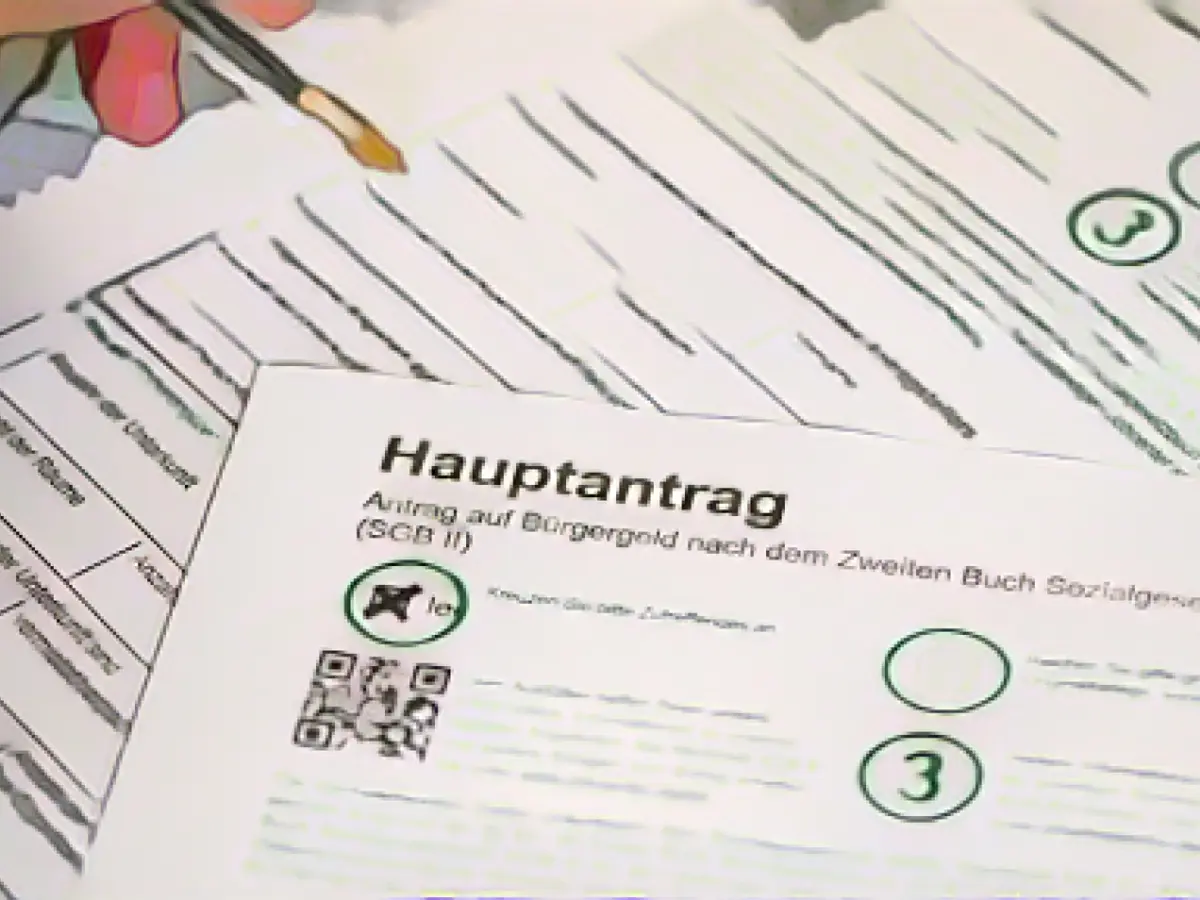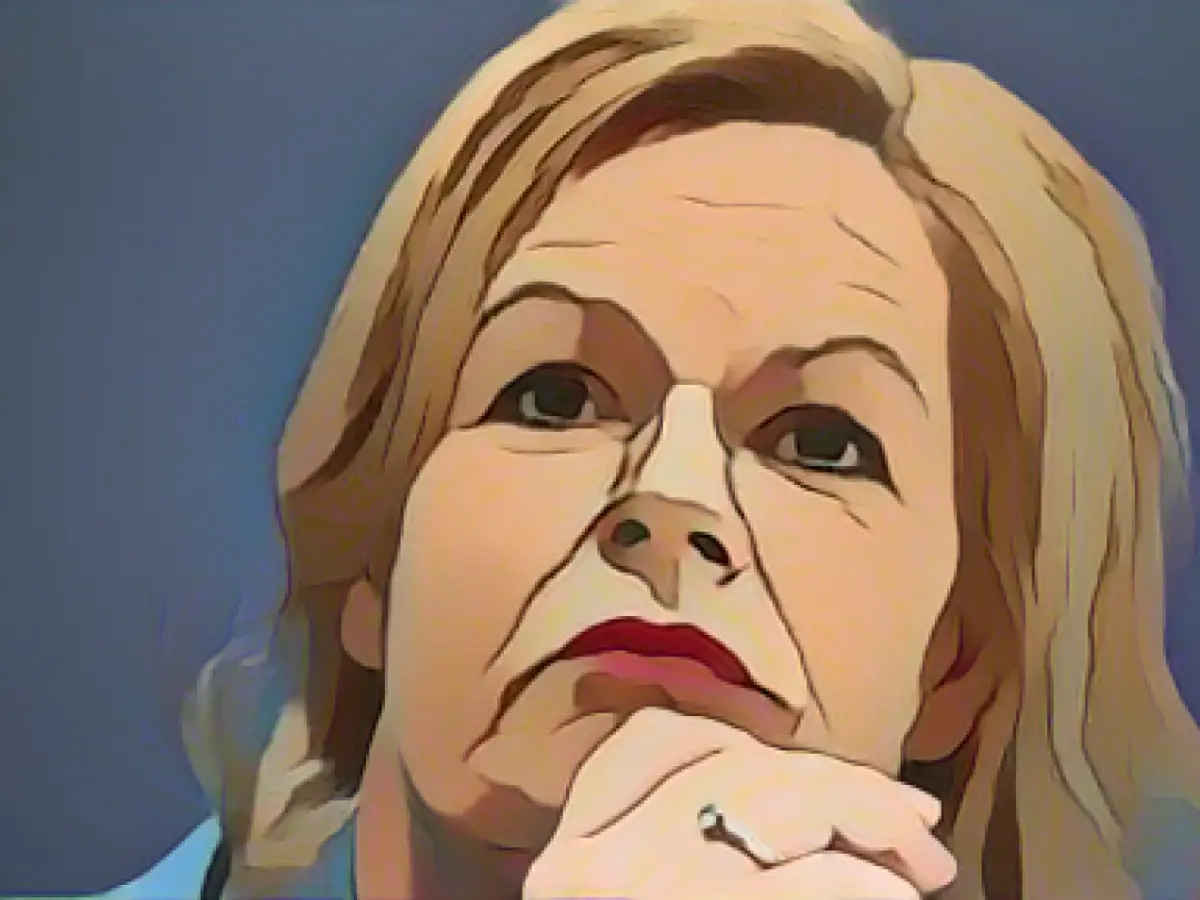In the midst of economic turmoil, social organizations in Germany are pushing for an increase in the citizen's allowance, citing a constitutional obligation to ensure a minimum subsistence level. The Workers' Welfare Association (Awo), German Social Association (SoVD), and Verdi trade union, among others, are demanding a perhaps controversial move to raise the Citizen's Income, arguing that it's vital to cushion the blow of rising food and energy prices.
After the Karlsruhe budget ruling, some political parties like the FDP and CDU/CSU have proposed recalculating the citizen's income. Over five million recipients of this financial aid are expected to receive an average of 12% more money from January 1, 2024. However, as recently stated by government spokesperson Steffen Hebestreit, there are no known plans within the federal government to modify the legal foundation for this assistance.
Michael Groß, the Awo President, calls for decisive action, demanding that the Finance Minister and FDP make their stance clear on the issue. Amidst these budget discussions, representatives from various political parties and social organizations are prompting their respective governments to bolster and even escalate social support programs rather than scaling them back.
With the nation's financial challenges looming, the German Social Association, alongside AWO and Verdi, is leading the charge to protect and preserve social benefits for lower-income households. This noteworthy shoulders the burden of the country's financial woes and highlights the crucial role that government aid plays in supporting citizens' financial stability and social cohesion.
Insights:
- The current debate on citizen's income in Germany shares some parallels with the ongoing discussion in Canada regarding a Universal Basic Income (UBI) program.
- The Parliamentary Budget Officer (PBO) suggests that a UBI might reduce poverty rates in Canada by up to 40%, depending on its design. However, the associated costs could reach around $107 billion in 2025, with a net cost of $3.6-5 billion to the federal government.
- Evidence-based approaches, fiscal responsibility, and maintaining individual freedom are some of the key points debated by social organizations and politicians, including Liberal party leadership candidate Karina Gould.






